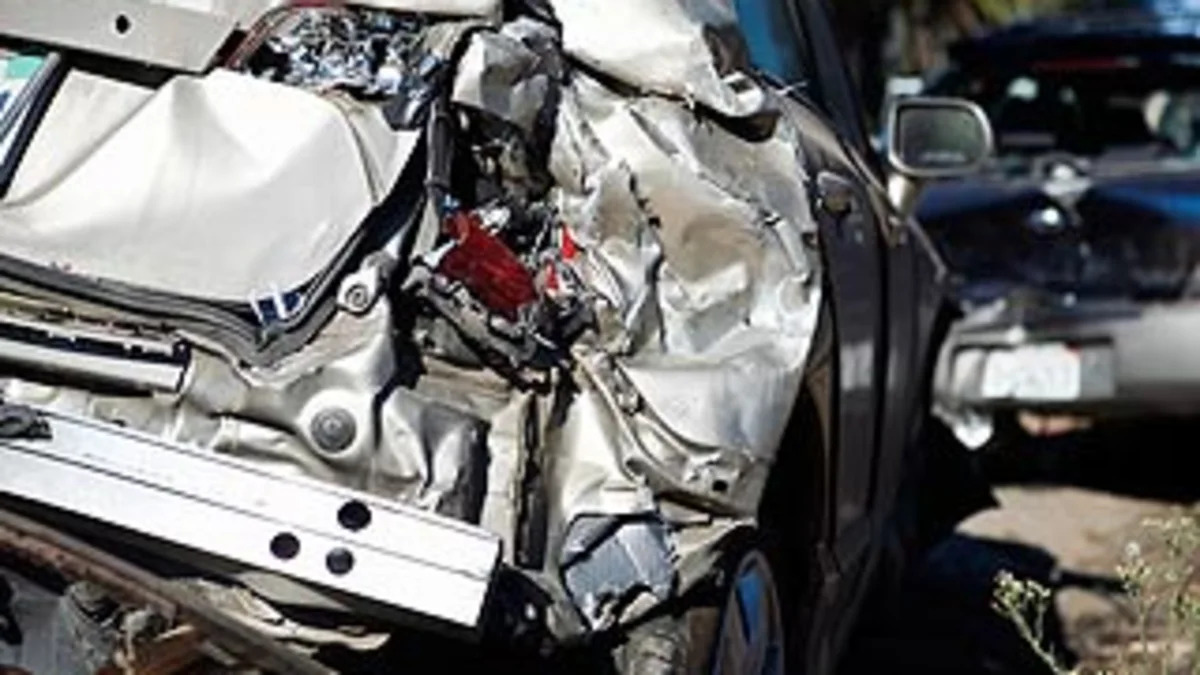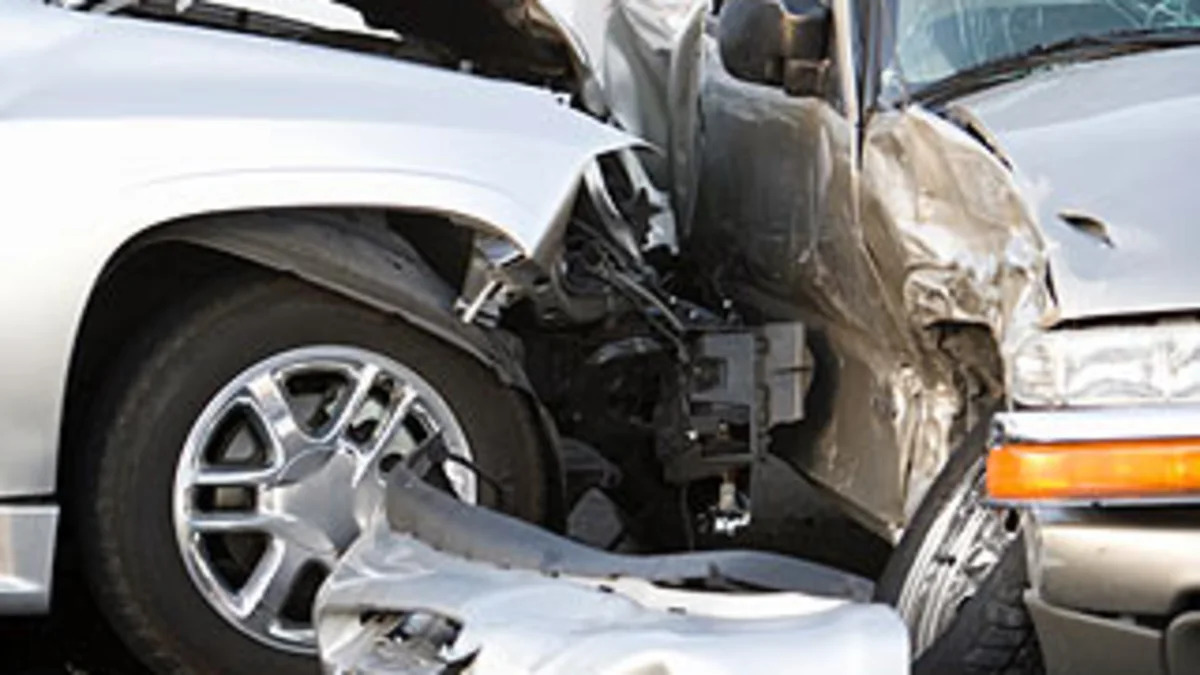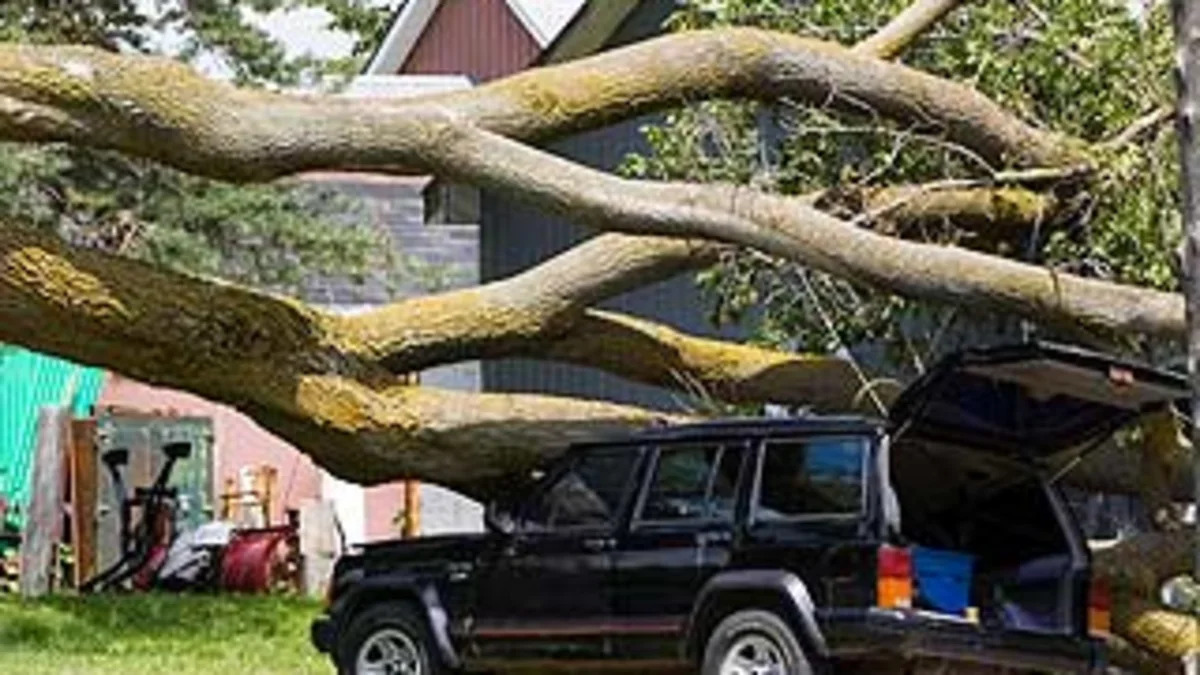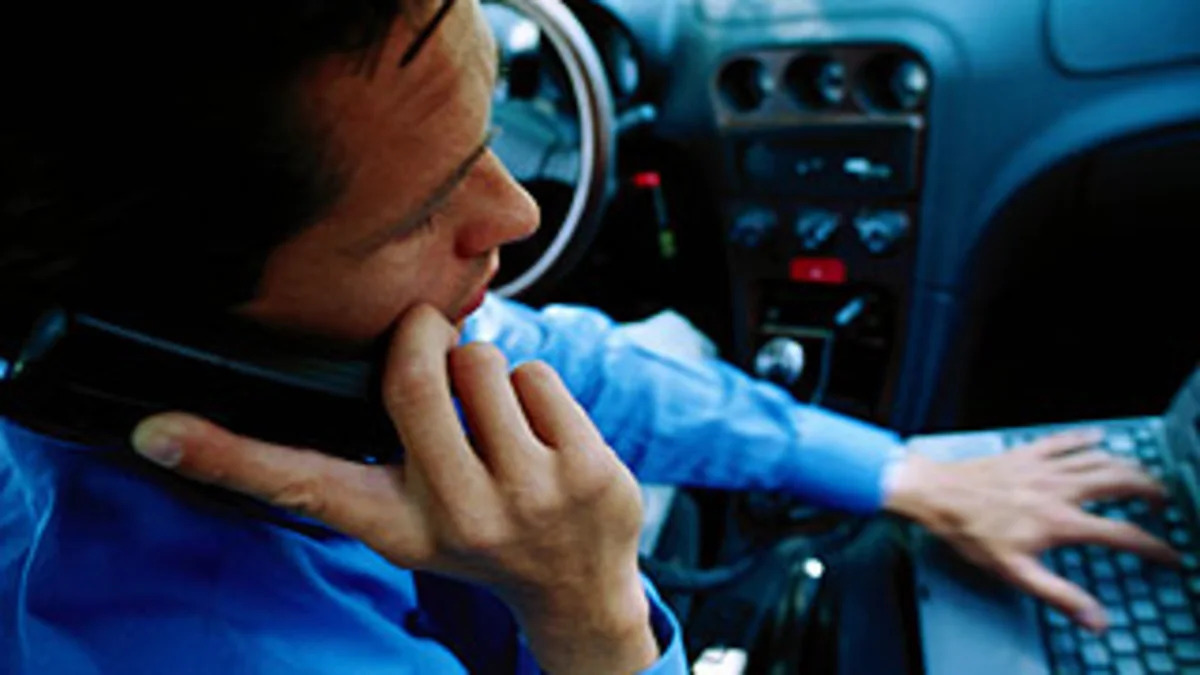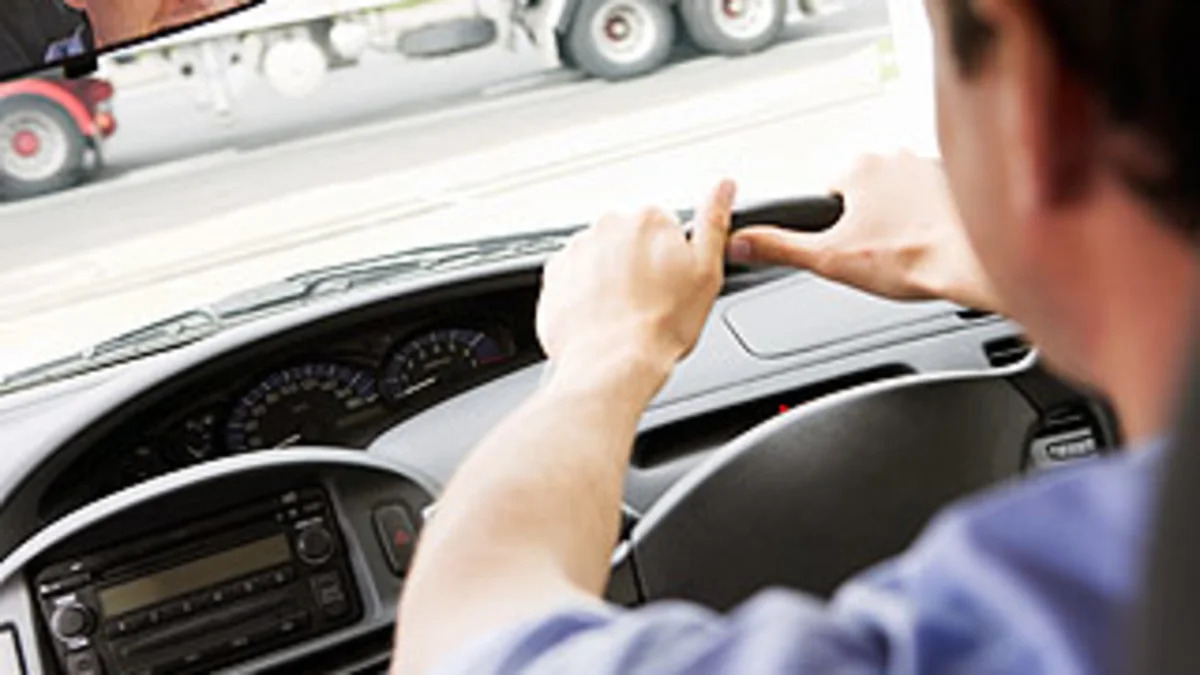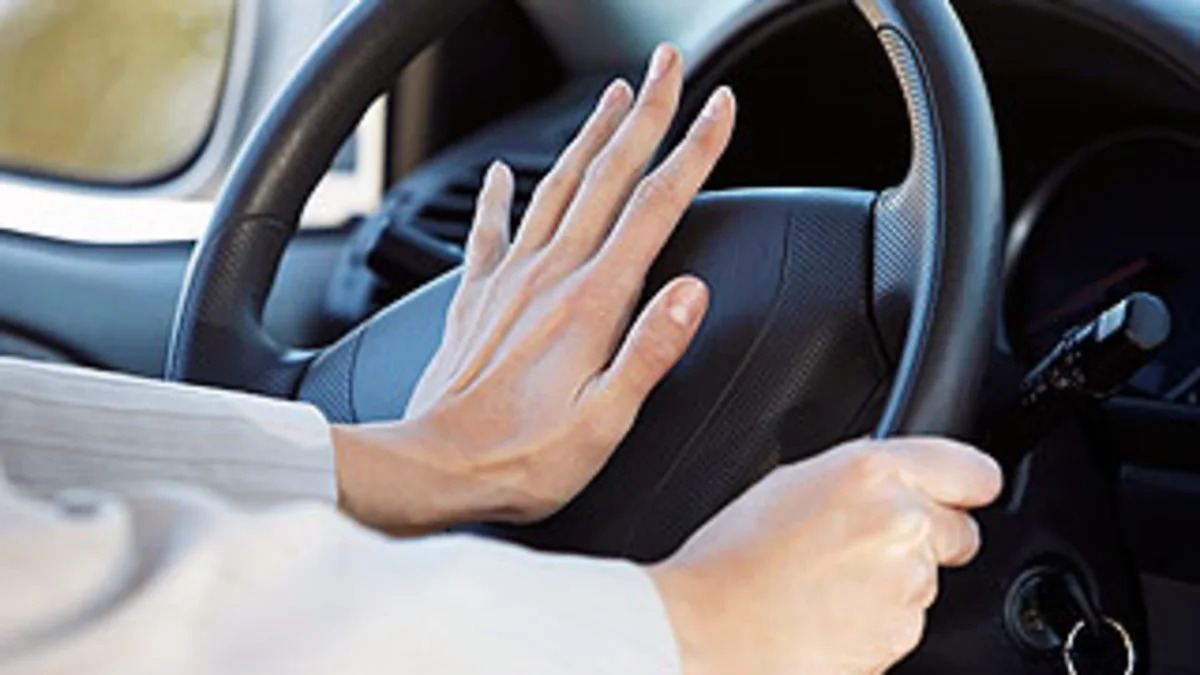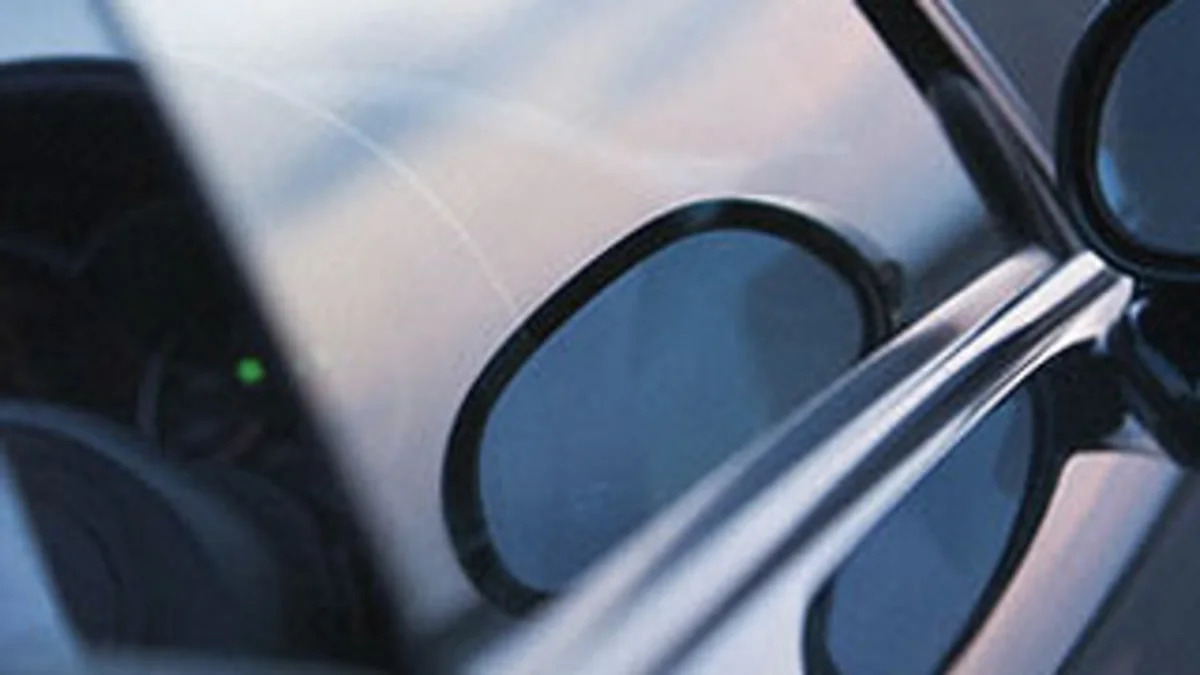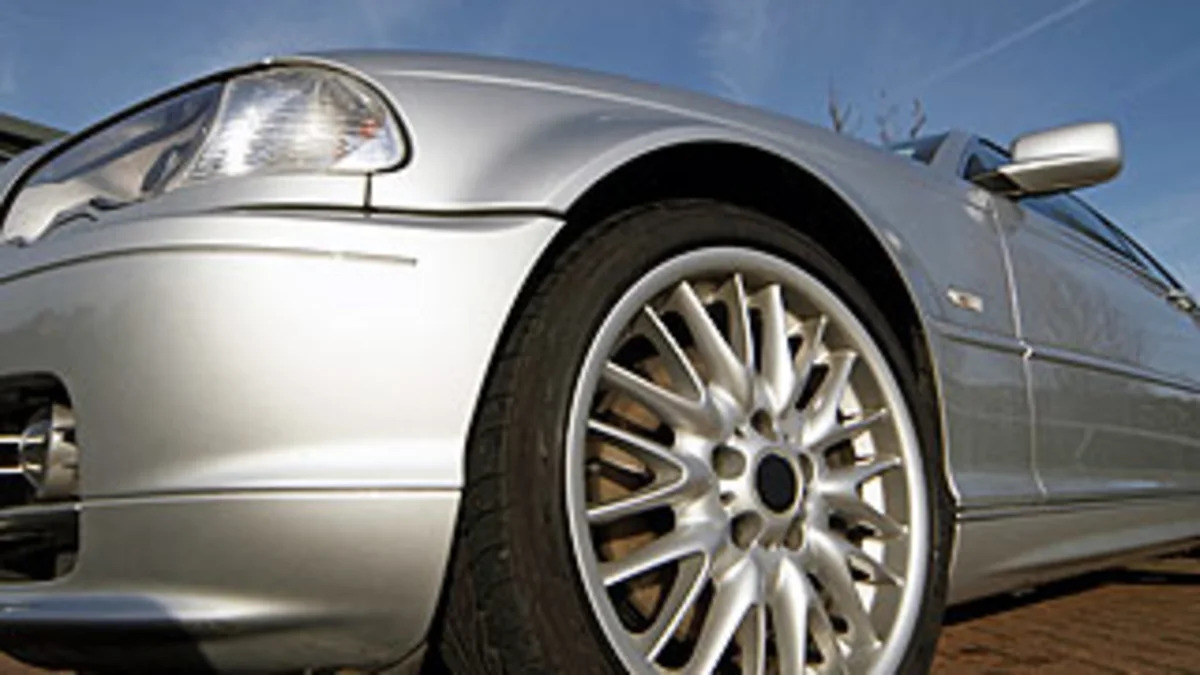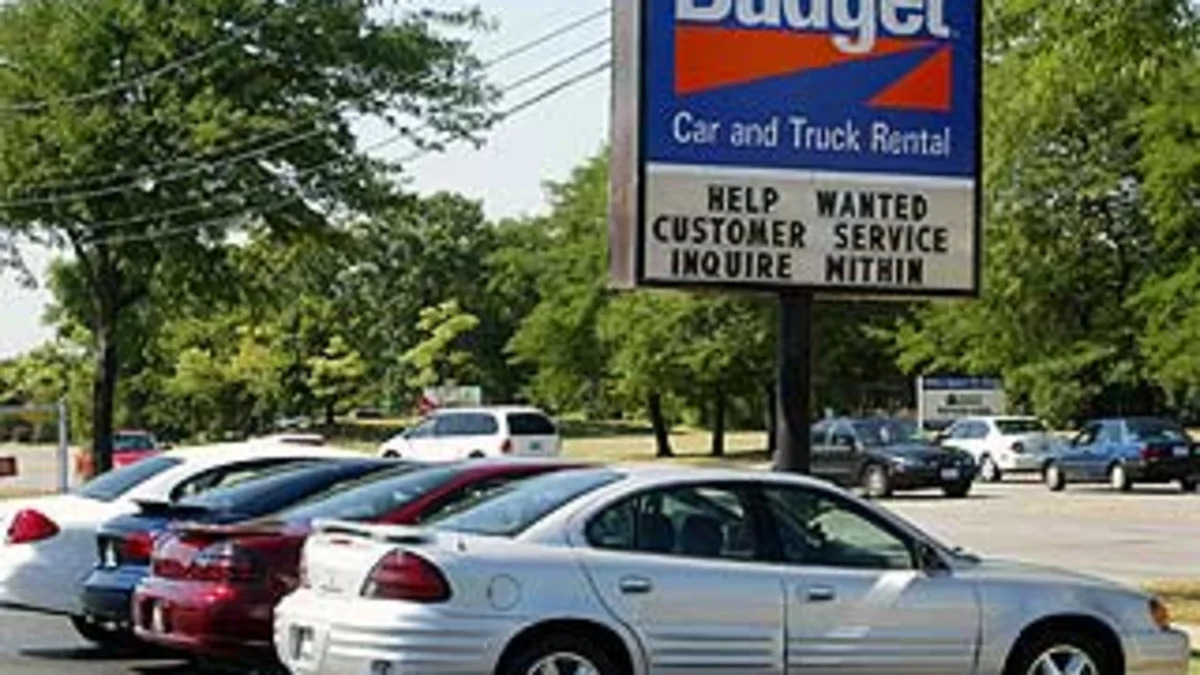10 Things Your Auto Insurance May Not Cover: Common Holes In Coverage Can Be Costly
May 14, 2010
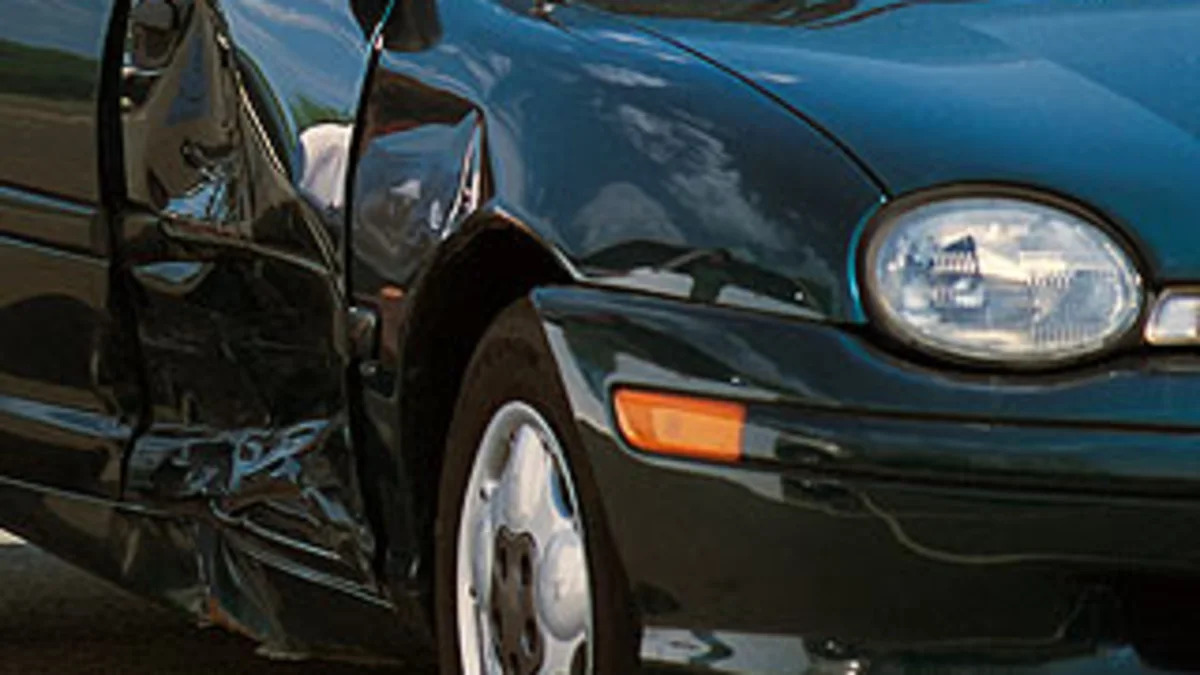
-

- Image Credit: jupiterimages
Introduction
What's hiding in the fine print of your auto insurance policy? It may surprise you. Even if you have “full coverage” on your vehicle, there are still plenty of situations where you could find yourself being denied a claim. Here are the top ten things to check for: -
- Image Credit: Getty Images
1. Paying Off Your Car If It's Totaled Or Stolen
If your car is stolen or deemed a total loss, your insurance company will pay you the actual cash value of your car, assuming you have comprehensive and collision coverage on your policy. Even if you do have this coverage, you'll need to check your policy carefully if it is stolen. Some insurers will deny your claim if you didn't report the theft to police right away or if you did not take reasonable care with your vehicle, such as leaving the keys in the car with the engine running while you went into a store, or if you loaned your car to someone who didn't return it.
Keep in mind that the insurance company calculates the pay-out on the wholesale price that a dealer would pay for your car, minus your deductible, so the amount of your check may not be anywhere near what you actually owe. To ensure that your car is paid off in full, you need to purchase insurance to cover the difference, often called “gap coverage.” Be aware, however, that gap coverage carries its own list of restrictions, so read any policy carefully to understand exactly what you are getting for this extra coverage -
- Image Credit: Getty Images
2. Damage To Your Car From A Collision With Another Car
If you have a collision with another car (or a stationary object, such as a telephone pole) and it's your fault, you'll need collision coverage in order for your insurer to pay for your car repairs. If you have a car loan or your car is leased, you are probably required to carry collision coverage. If you own your car outright, this coverage is entirely optional and a bare bones policy may mean you don't have it.
If the accident is the other driver's fault, his insurance should cover your car repairs -- assuming he has enough coverage or that he has insurance at all. So to ensure your car repairs are covered, you'll also need uninsured and underinsured motorist coverage. -
- Image Credit: Getty Images
3. Damage To Your Car From An Animal Or Mother Nature
Comprehensive coverage is for damage to your car in situations other than a collision with another car or a stationary object. It's not mandatory however, and like collision coverage, you can choose not to carry it if you own your car outright.
Even if you do have comprehensive coverage on your auto insurance policy, you may not be covered in certain situations. Some insurers limit or exclude the coverage for collisions with animals, such as deer. Similarly, you may find a limit or exclusion for certain "acts of God," such as a tornado, earthquake or flood. In these instances, insurers may place limits on these types of events for drivers that live in certain geographic locations. -
- Image Credit: Getty Images
4. When You're On Business
Your auto insurance policy provides coverage during your regular commute to and from your job, but if you use your car for work in any other way, you may not be covered unless you have "business use" coverage.
Business use coverage is for more than business owners and employees who drive regularly for their jobs. You could find yourself without coverage if you were driving your personal car to any location other than your work for business, say a local convention, a networking breakfast or a customer's office. Even an innocuous situation such as running a quick errand to buy office supplies for your company could result in a denied claim.
If you are an employee and driving your personal car for work for any reason, even occasionally, ask your employer if they have a policy that covers you (and get the details in writing). If they don't, then add business use to your personal policy. -
- Image Credit: jupiterimages
5. Your Medical Bills
If you don't have medical coverage on your auto insurance policy, your insurer won't pay the medical bills for you or anyone in your car during an accident. If the accident was someone else's fault then the other driver’s insurance will cover you and your passengers' medical expenses, assuming the other driver is insured and has enough coverage. If he doesn't, you’ll be paying out of pocket unless you have uninsured/underinsured motorist coverage or a separate health insurance policy. -
- Image Credit: jupiterimages
6. Driving A Car You Don't Own
Whether you are renting a car or driving a friend's wheels, you may not be covered if you have an accident. Some auto insurance policies cover you for driving only the cars in your household unless you pay for additional coverage.
In the case of a driving a friend's car, his policy may cover you driving it, but it may not. And unless you're prepared to have a conversation with your friend about his insurance coverage, you may be in for a surprise if you have an accident and his coverage isn't high enough -- then the other party could go after you personally for the remainder of the costs. -
- Image Credit: Corbis
7. Your Car When Someone Else Is Driving
If you give a friend or family member permission to drive your car, that person or even your car might not be covered, depending on the insurer and the policy. For example, some insurers will cover family members who don't live in your household, but not friends. Others will cover an accident if you were in the car with someone else driving. Some may cover any licensed driver you loan the car to, but they may limit the amount covered. Read your policy to understand your coverage and if your policy doesn't provide coverage, make sure the driver's policy does. -
- Image Credit: Alamy
8. Items Stolen Out Of Your Car
Whether your car is actually broken into or you just forget to lock it, any items not permanently attached to your car that are stolen are typically not covered by your auto insurance. So don't leave things in your car, especially those that are easy to sell, such as CDs, cell phones, notebook computers and portable GPS navigation systems. Sometimes a homeowner's policy covers these items, but you’ll need to check that policy to be sure. -
- Image Credit: Getty Images
9. Aftermarket Accessories
Got cool new wheels, a state-of-the-art sound system or a special paint job? Those items are probably not covered under a standard auto insurance policy. While insurance does cover the car and any items that are permanently installed, your insurer will deny a claim for any aftermarket accessories unless you have your insurer add a rider to your coverage before you have a claim. -
- Image Credit: Tim Boyle/Getty Images
10. Rental Car Costs
Most people think that if they have rental car coverage on their policy, then they’ll have something to drive while their car is being repaired. That may not be the case, however. Most insurers cap this coverage at a specific dollar amount per day, so you could find yourself driving an econo-box while your Mercedes is in the shop. Some insurers also have a limit to the total amount they'll pay for you to drive a rental car, so if the repairs are extensive, you could find yourself eventually paying out of pocket. Finally, if your car is stolen, some insurers have a waiting period before they will cover the cost of a rental car, so you could be reaching for your wallet in that case too.
The bottom line is that auto insurers provide great coverage for the majority of situations when your car is out of commission, but even the best policies may not cover everything. Regardless whether you have a bare-bones policy or full coverage, be sure to read it carefully to understand exactly what you are getting for your money.
